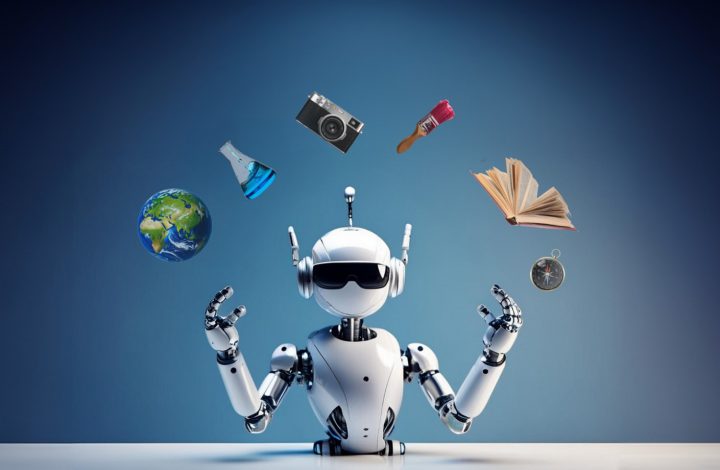
While many companies race to lead in AI-driven innovation, their executives often lag behind. From a distance, embracing AI seems obvious—of course, leaders should harness its power. Yet AI adoption, like any transformation, hinges less on the clear benefits and more on your leaders’ mindset about their personal use of AI.
Leaders resist changes like AI adoption for four key reasons:
- Ambiguity: Our brains prefer certainty over the unknown, even when uncertainty could lead to positive outcomes.
- Perceived Losses: We focus disproportionately on what we might lose rather than on what we’ll gain through AI adoption.
- Identity Challenges: When leaders pride themselves on skills AI can enhance (like analysis or communication), they may see technology as diminishing their value.
- Entrenched Habits: Executives have established workflows that don’t include AI, and creating new neural pathways requires intention.
Learn more from our SVP and Global COE Head, Jennifer Porter, here: The not-so-secret accelerator for leaders to navigate change
Research by the Potential Project published in HBR shows that leaders with high awareness, wisdom, and compassion become effective “AI-augmented leaders” who excel at providing context, discerning content, and asking insightful questions.
Executive coaching creates the ideal process for senior leaders to build self-awareness, understand their resistance to AI, and develop strategies to overcome these barriers.
As always, please do not hesitate to reach out if you’d like to explore these ideas further.
